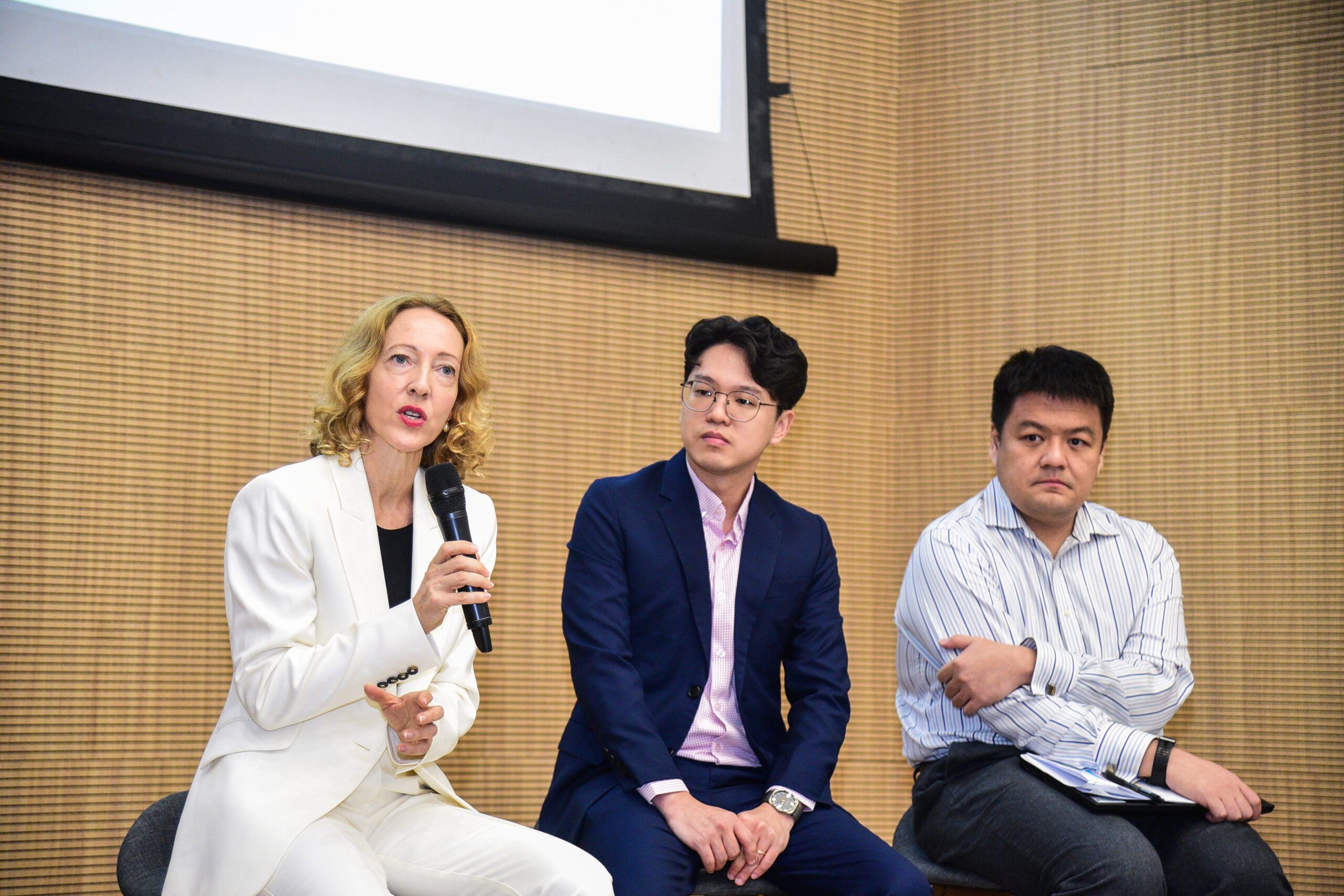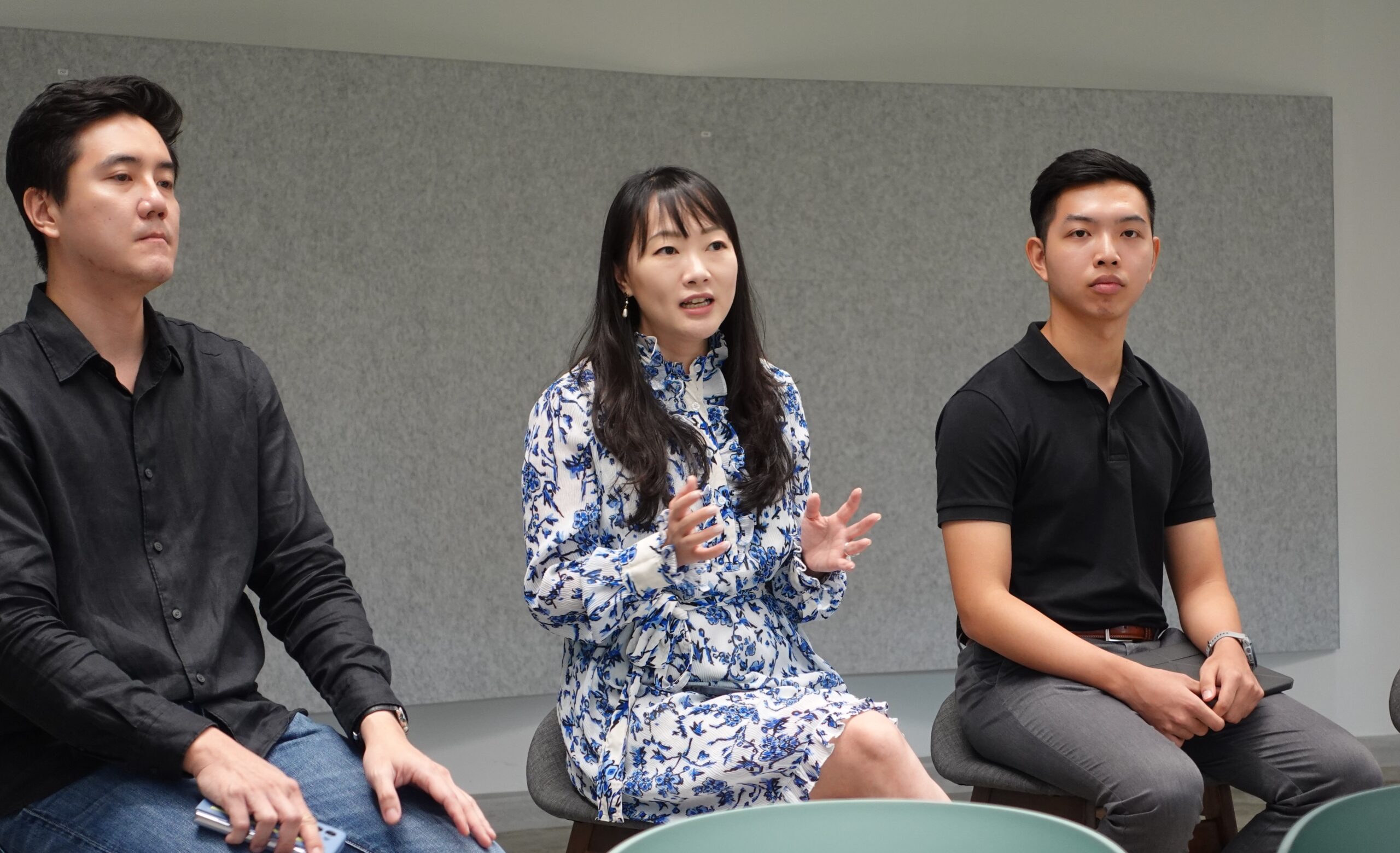Impact Stories
Adopting an integrated urban management system to counter water risks
Working with World Bank Jakarta to support the adoption of integrated urban water management in Indonesia
Indonesian cities face some of the most severe water risks in the world. We might think of Indonesia as a tropical country with abundant water supplies but half of the country’s GDP is produced in river basins that already suffer high water stress during the dry season. The shortfall of supply over demand is expected to worsen in the coming decades with urbanisation, economic growth and climate change.
Seasonal scarcity is just one of many inter-connected water challenges. Access to piped water and sanitation are low compared to other countries at a similar income level, a problem that has come to the fore during the COVID-19 pandemic. Floods are frequent and severe, surface and groundwater sources are highly polluted and land subsidence threatens the integrity of buildings and exacerbates flooding. A forthcoming study suggests that if challenges in the water sector are not addressed, water insecurity could reduce Indonesia’s national income in 2045 by more than 7 percent. Subsidence alone is expected to reduce GDP by up to 1.42 percent by 2045.
These problems are at their most extreme in the Jakarta urban region, home to more than 30 million people. Most people and businesses there depend on groundwater for household supply and thousands are affected by flooding each year. However, urban governance is highly fragmented. The metro region extends over three provinces and eight city and district governments. Under Indonesia’s decentralised system, each of those local governments develop its own plans for water supply and urban development, often without taking full account of the impact on its neighbours.
Just as the problems are inter-linked, so are the solutions. Since 2019, Dr Olivia Jensen, IPUR Lead Scientist for Environment & Climate, and her team have been engaged in a joint project with the World Bank Jakarta to support the adoption of integrated urban water management (IUWM) in Indonesia, focusing initially on Greater Jakarta. The project emphasises the need to enhance cooperation across administrative boundaries and to integrate policy and planning of the different facets of the water sector within each jurisdiction.
The project has involved a major effort to collaborate with central and local governments to collect, analyse and visualise data with maps on the different facets of water security. In September and October 2020, a series of four interactive workshops were conducted online to share and validate the data and recommendations with stakeholders including the Ministry of Home Affairs (Directorate General for Regional Administration) and clusters of local governments and water utilities.
The project team is incorporating points from the discussions into two reports, the first on water security in Greater Jakarta and the second, a national framework for IUWM in Indonesia, which will be completed by the end of 2020.


